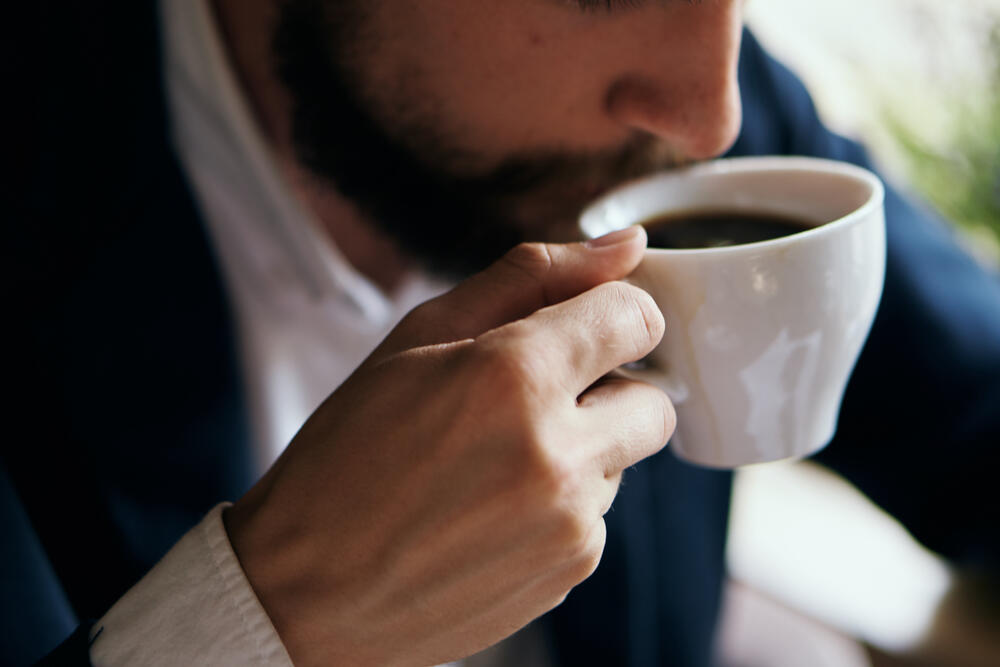Within the first 10 minutes, caffeine enters your bloodstream and spreads throughout your body, causing your blood pressure and heart rate to rise. After 20 minutes, caffeine binds to adenosine receptors, neutralizing fatigue. Dopamine levels increase and persist, creating a sense of alertness and focus.
After 30 minutes, the work of the adrenal glands accelerates and more hormones are produced. During this time, due to dilation of the pupils, vision may become sharper. Already after 40 minutes, the body starts to produce more serotonin, which improves the work of neurons inside the spinal cord. This leads to improved coordination and muscle strength.
Four hours later, the metabolism accelerates, which is why energy is burned faster. During this period, the body begins to break down accumulated fats, he reports b92.
Within six hours, the coffee has passed through your system and you will probably feel the need to urinate. By that time, approximately half of the amount of caffeine you have ingested will have left your body.

Is it better to drink hot or cold?
There are several ways to make cold brew coffee. A cold drink is made for lower acidity. Cold coffee tends to be less acidic and gentler on your digestive system.
According to a study in "Scientific Reports", hot coffee has more antioxidants than cold. The pH value of hot and cold coffee is almost the same and ranges from 4.85 to 5.13.
That is why colder coffee is recommended for those who have stomach problems, while in other cases it is better to drink hot coffee.
Bonus video:





